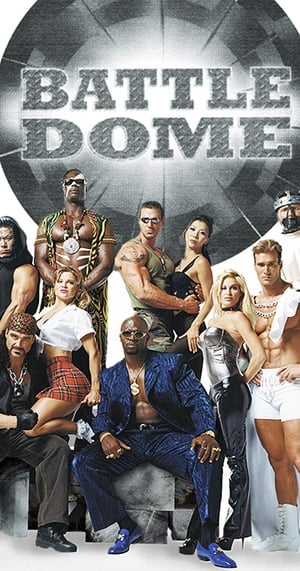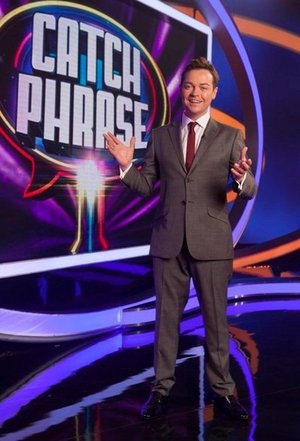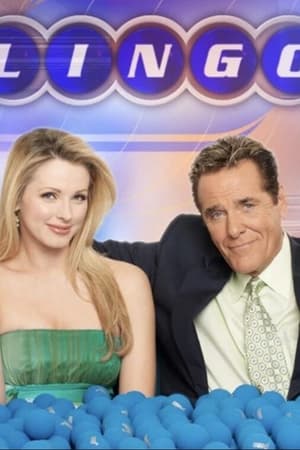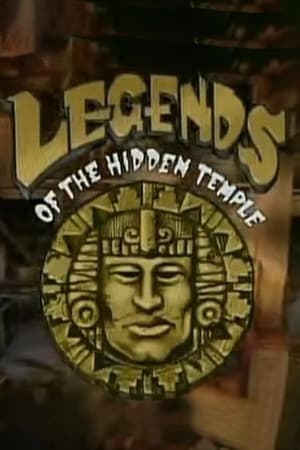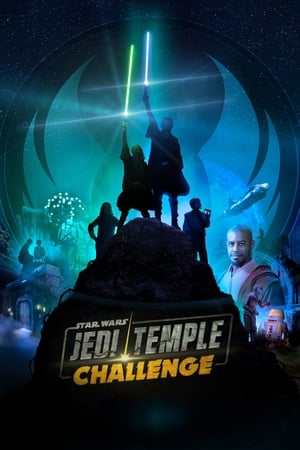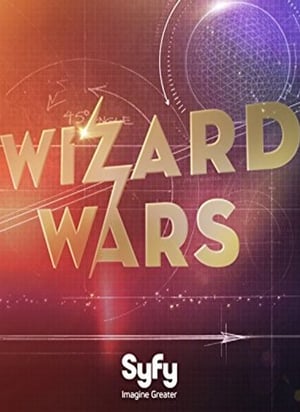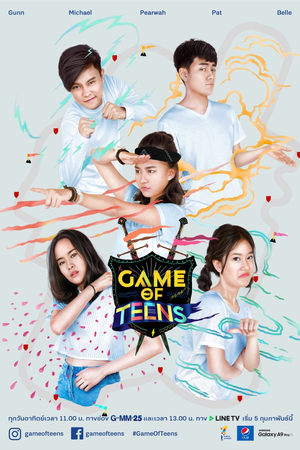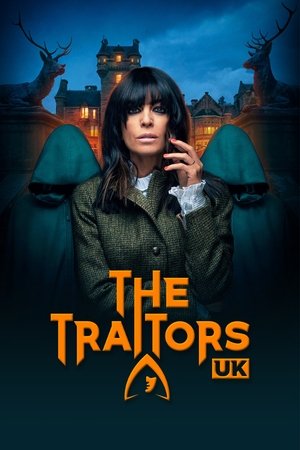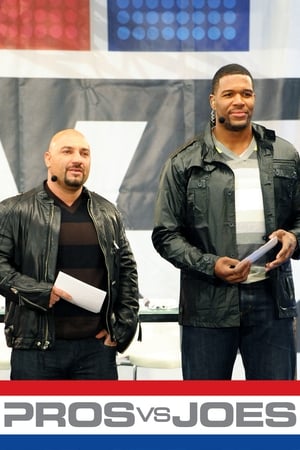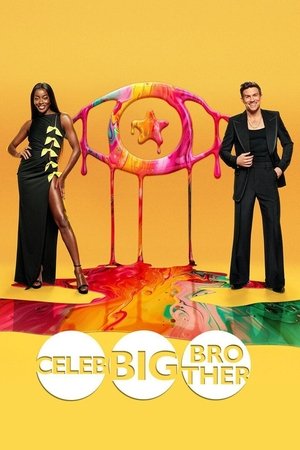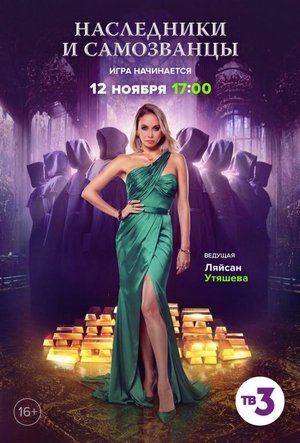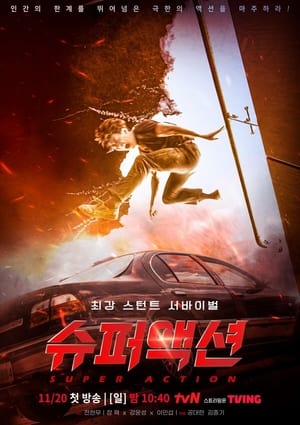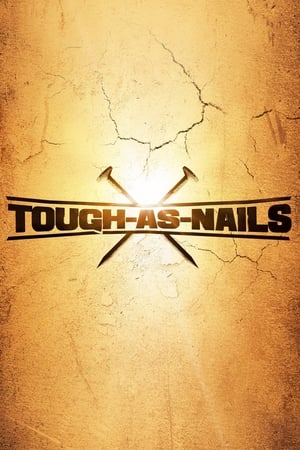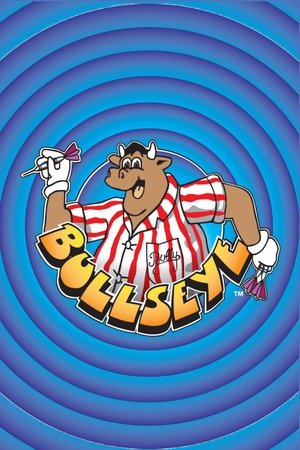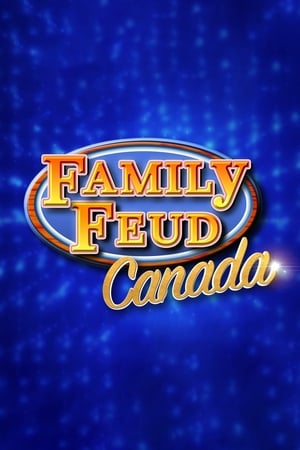Overview
Tutti Frutti was the German version of the Italian game show Colpo Grosso. It was aired from 21 January 1990 through to 21 February 1993 on RTL plus for three seasons, totaling approximately 140 episodes. It was the first erotic TV show on German television and was also available to viewers across Europe as it was broadcast without encryption via the Astra satellite which could be received over a wide area and was popular with 'early adopter' satellite enthusiasts in the UK. The show caused substantial outrage at the time, as partial nudity was a central feature.
The show was innovative in broadcasting 3D effect film clips where the background was scrolled across the screen at a slower speed than dancers in the foreground, thereby giving the effect of depth on a 2D screen using the Pulfrich effect.

 German
German
 6
6
 1990
1990
 Germany
Germany
